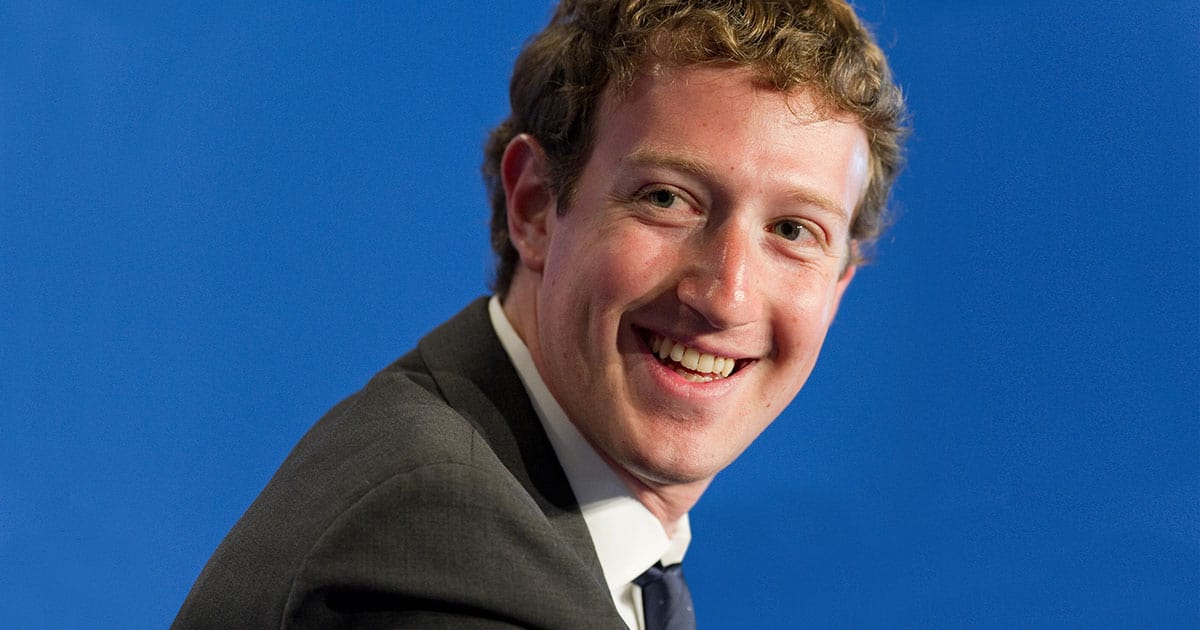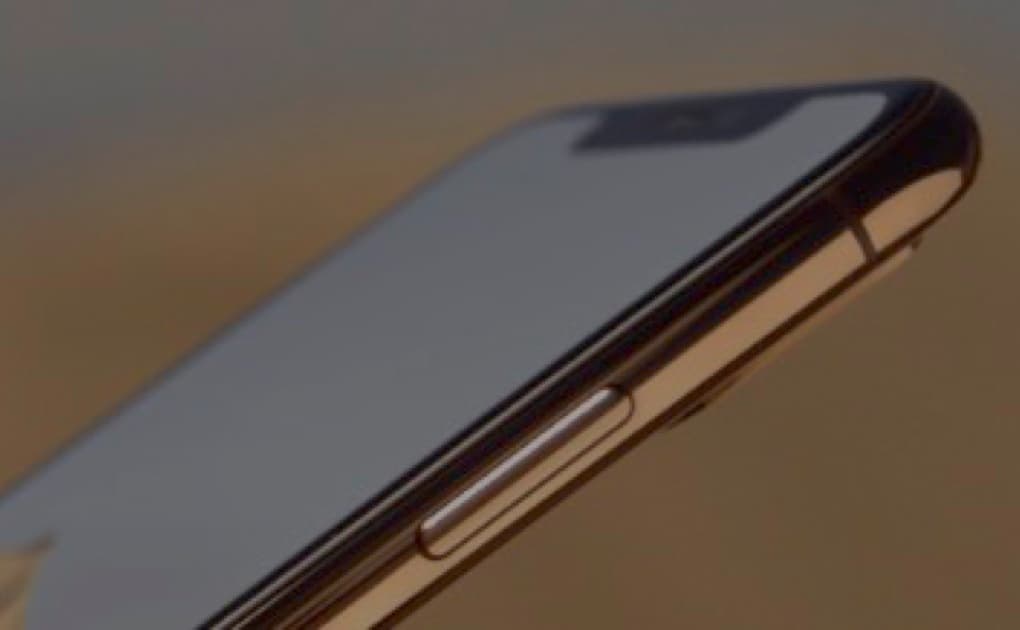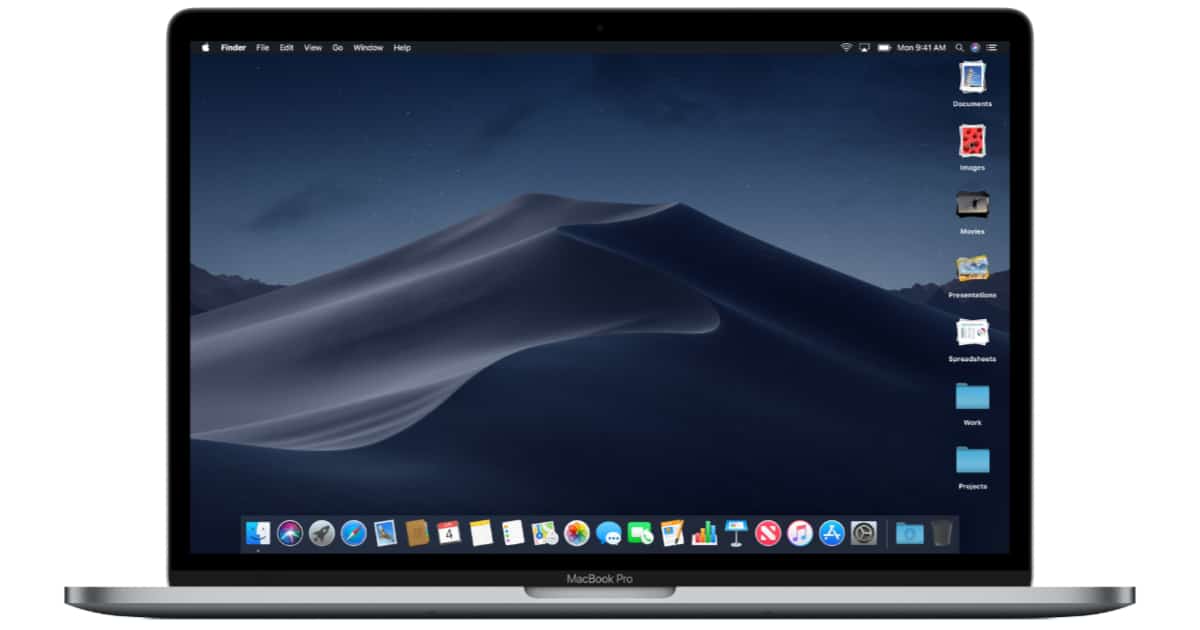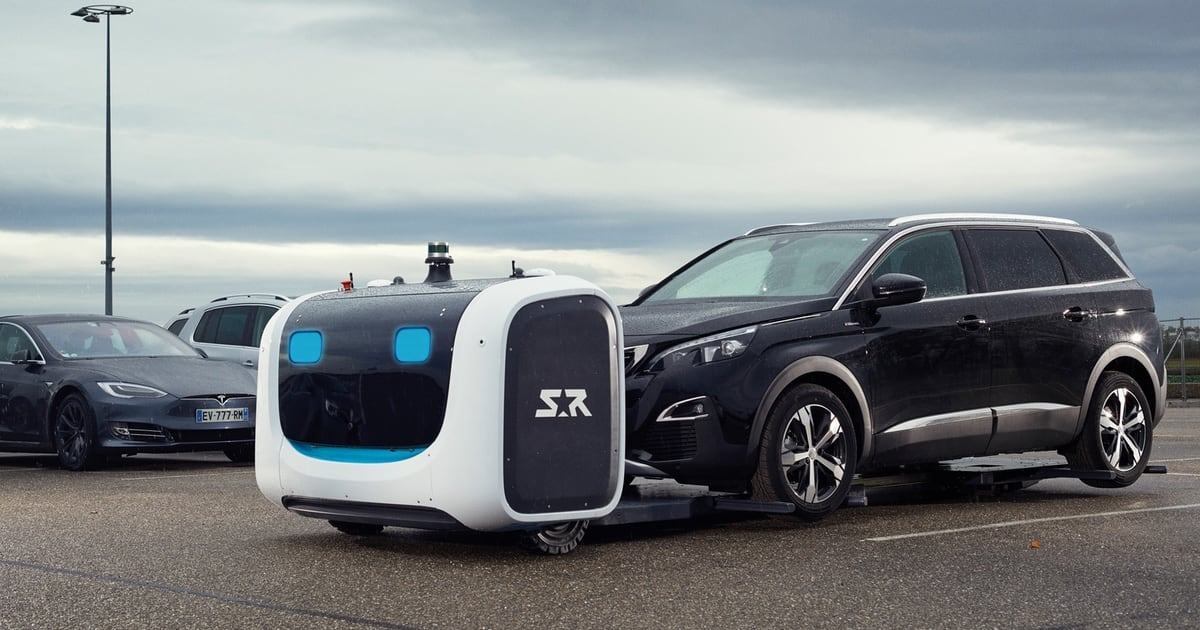There has been a lot of reaction to *that* Mark Zuckerberg piece in the Wall Street Journal last week. The Facebook CEO and founder tried to allay users’ fears about how the service uses their data. TMO’s Andrew Orr described it as “tone deaf,” which seems pretty on the money to me. Kara Swisher used her New York Times column Friday to rewrite the column and explain to readers what Zuckerberg really mean. Not surprisingly, it is funny, cutting, and well worth a read.
The post was essentially the greatest hits that we have heard Mr. Zuckerberg sing for a while now. He focused on the enormous advertising system that powers Facebook, while ignoring almost entirely the news from the last disastrous year, including Russian abuse of the platform, sloppy management of data, recent revelations that the company throws some pretty sharp elbows when it needs to, and more. You kind of get why Mr. Zuckerberg would want to forget it all.









